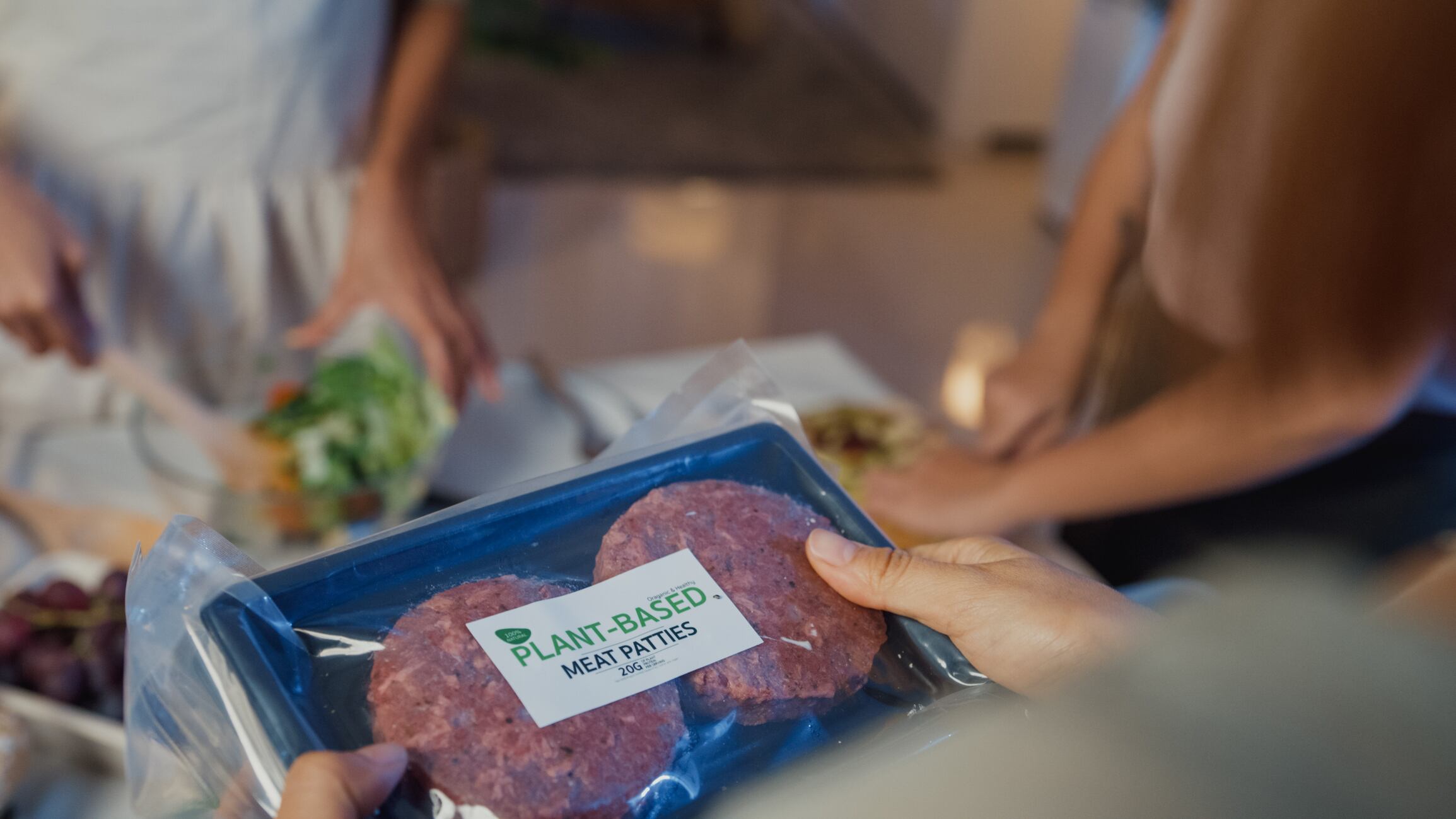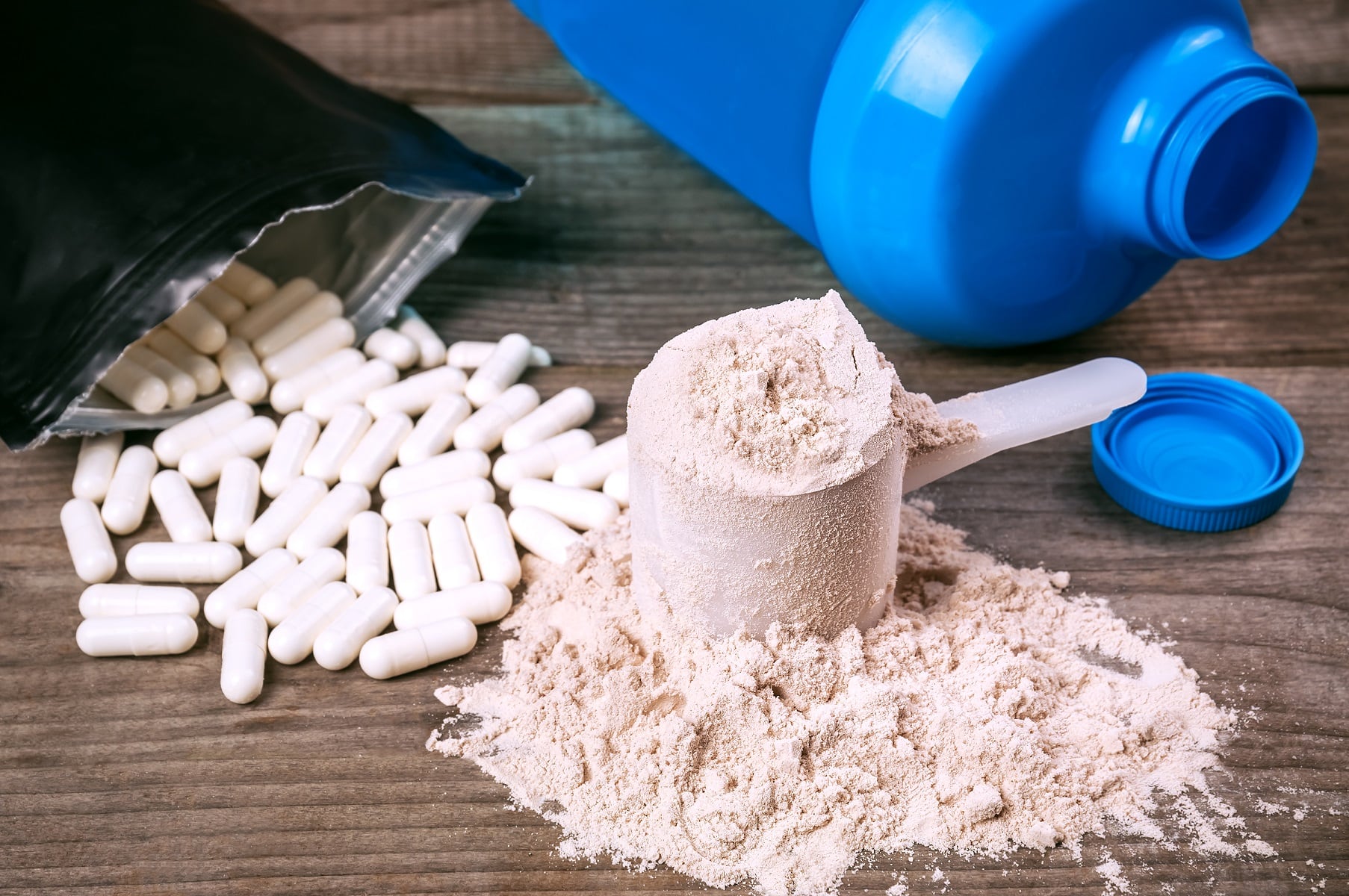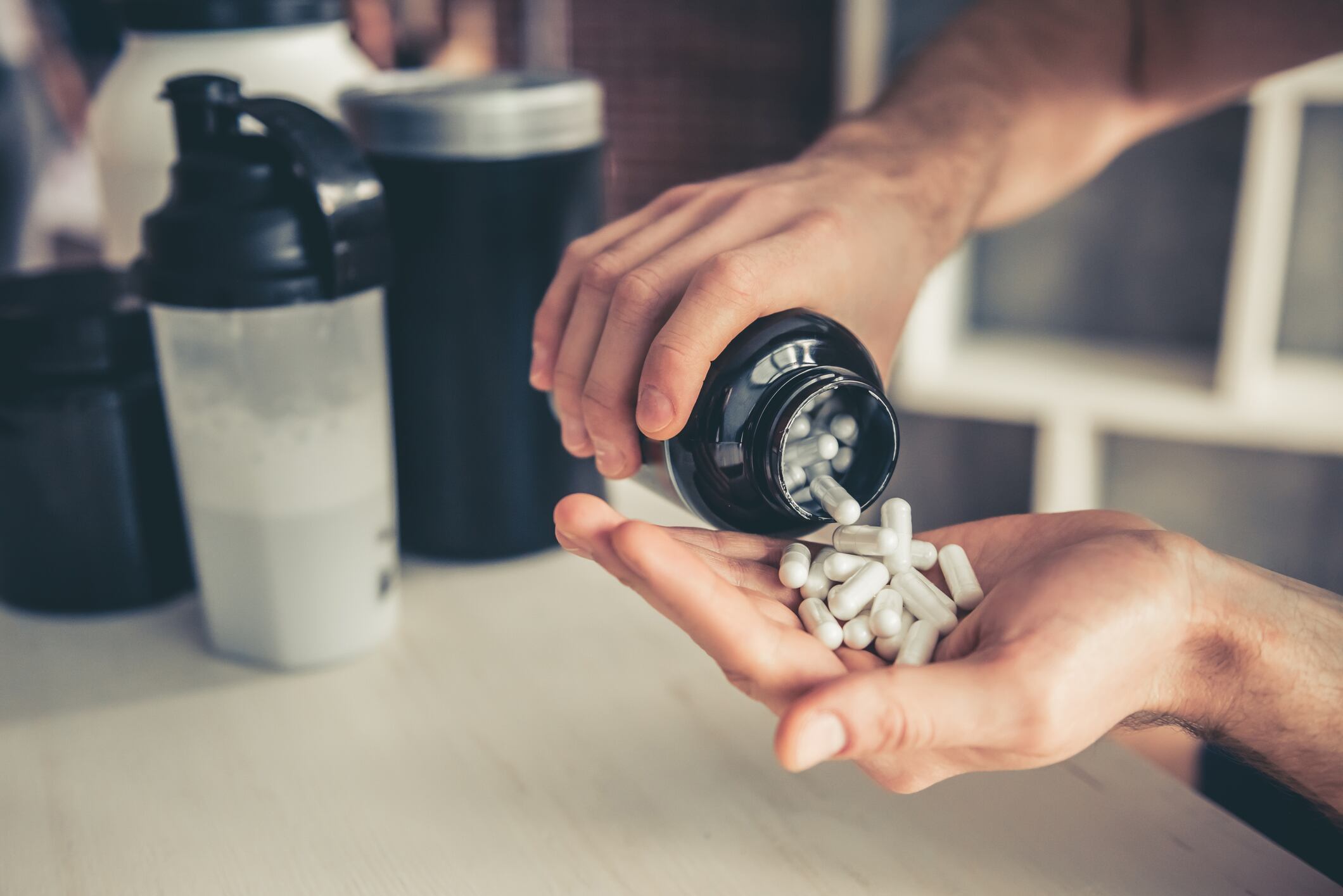Two weeks of supplementation with inactivated Lacticaseibacillus paracasei LP-DG and L. paracasei LPC-S01 led to statistically greater increases in levels of alanine, asparagine, citrulline, cystine, glycine, methionine, proline, and total amino acids following consumption of a plant-based meal.
The postbiotics were found to be more effective than the probiotic (live/ active) version, according to findings published in https://doi.org/10.1007/s12602-025-10480-y.
“This is the first data to report an improved absorption of amino acids in a mixed macronutrient meal and provides a rationale for probiotic and/or postbiotic supplementation as a support strategy to improve the amino acid response in the post-prandial state,” wrote researchers from Texas Tech University, Concordia University Chicago, University of Mary Hardin-Baylor, Increnovo, and the Università Degli Studi Di Milano-Bicocca.
A study with many firsts
“The study has many firsts,” Dr. Ralf Jäger, Managing Member, Increnovo LLC, and co-author on the study, told NutraIngredients. “It is the first to use a plant-based meal (Beyond Burger) rather than a protein powder, and the first to compare pro- and postbiotics head-to-head for protein absorption.
“The study highlights that the way we kill bacteria influences their activity, including different methods (heat treatment, high pressures, radiation, gamma irradiation) and different conditions (e.g., temperature and holding times during heat treatment),” he said.
“The notion that ‘you can’t kill what’s already dead’, which suggests that postbiotics can be incorporated into any food matrix, is not correct. The conditions of food processing (e.g., high heat during extrusion in nutrition bar manufacturing) might not kill the bacteria again but could reduce or even eliminate its efficacy,” said Dr. Jäger.
The study builds on data published in 2020 in the same journal, which revealed that L. paracasei LP-DG and L. paracasei LPC-S01 combination together with 20 grams per day of pea protein led to significant increases in methionine, histidine, valine, leucine, isoleucine, tyrosine, total BCAA (branched-chain amino acids), and total EAA (essential amino acids), compared to placebo plus the pea protein.
Study details
The randomized, double-blind, crossover design study included 16 normal-weight recreationally active men with an average age of 23. The men were randomly assigned to one of three groups: 1. Placebo, 2. Probiotics (10 billion colony-forming units (CFU) of L. paracasei LP-DG + L. paracasei LPC-S01), or 3. Postbiotics (10 billion active fluorescent units (AFU) of LP-DG + LPC-S01 inactivated using gamma-irradiation). Each intervention lasted two weeks and each was separated by four-week washout periods. On the last day of each intervention the participants were given a Beyond Burger and their responses recorded.
The probiotics and postbiotics were provided by Sofar S.p.A., and the Italian company funded the study.
“Two weeks of supplementation of postbiotic supplementation containing 5 billion AFU L. paracasei DG plus 5 billion AFU L. paracasei LPC-S01 resulted in significant improvements in amino acid absorption profiles for various amino acids and total amino acids compared to placebo and probiotic supplementation,” wrote the researchers.
“This is the first data to report an improved absorption of amino acids in a mixed macronutrient meal and provides a rationale for probiotic and/or postbiotic supplementation as a support strategy to improve the amino acid response in the post-prandial state.”
Source: Probiotics & Antimicrobial Proteins, 2025, doi: 10.1007/s12602-025-10480-y, “Postbiotic Supplementation Increases Amino Acid Absorption from Plant-Based Meal: A Placebo-Controlled, Randomized, Double-Blind, Crossover Study”, Authors: C.M. Florez, et al.




